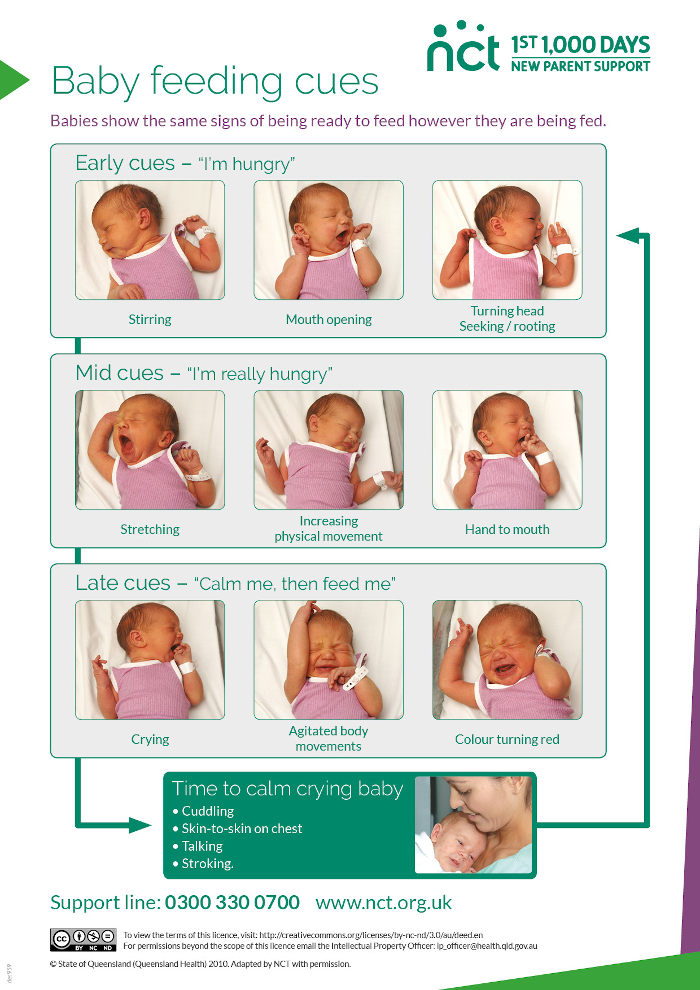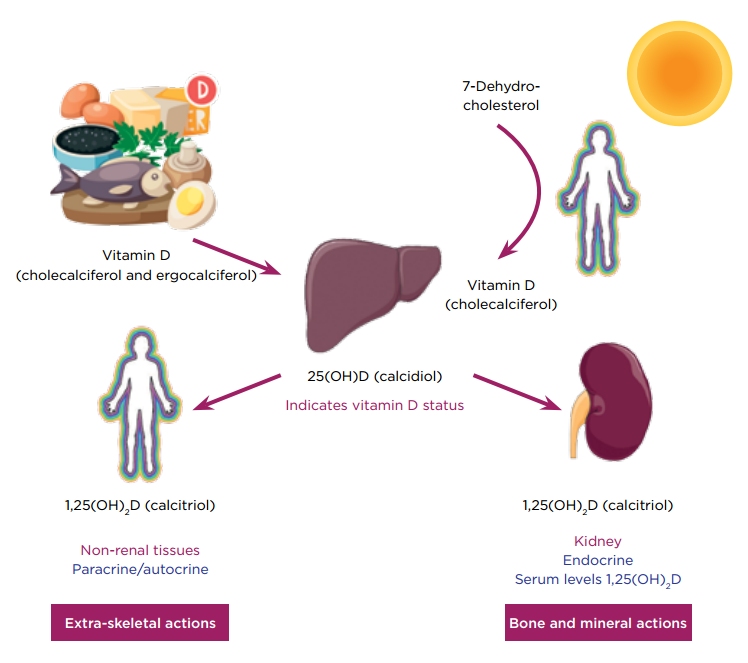Women who developed antibodies after recovering from a COVID-19 illness or after vaccination could transfer antibodies to their babies through breastfeeding. Antibodies from natural infection can vary and may not be long-lasting.
 How Often Should I Breastfeed My Baby Nct
How Often Should I Breastfeed My Baby Nct
Both the World Health Organization WHO and the American Academy of Pediatrics AAP recommend that babies are exclusively breastfed for the first six months.

How long do babies need breast milk. When can you stop giving baby formula. For the first 6 months breast milk is all your baby needs to meet his or her nutrition needs. Breastfeeding should continue until your baby is 12 months old and after as long as baby and mom would like to continue.
A newborn should be put to the breast at least every 2 to 3 hours and nurse for 10 to 15 minutes on each side. Currently recommends exclusively breastfeeding for your babys first 6 months and then continuing supplemental breastfeeding for the first 2 years of your childs life or beyond. Breast milk provides your baby with everything he needs for the first six months of life if hes exclusively breastfed he doesnt even need water.
After that breast-feeding is recommended as long as you and your child wish to continue. Our results suggest that the milk energy available soon after birth may be a nutritional cue that calibrates the infants behavior to environmental or maternal conditions At 3 to 4 months old. If you wean your baby before 12 months of age be sure to give an iron-fortified formula.
Breastfeeding for the first 6 months can decrease your babys risk for illnesses. Experts recommend that you feed your baby only breast milk until he or she is 6 months old. The American Academy of Pediatrics AAP recommends feeding your baby breast milk or formula exclusively until about 6 months old.
For the first five or so days it is normal for your body to produce a very small amount of milk. When to start weaning your child is a personal decision. The nutrients from the food cannot replace the benefits of breastmilk and it is recommended that mothers breastfeed even after six months.
Breast milk is great comprehensive nutrition for babies for their first year of life. Breast-feeding is recommended as long as you and your baby wish to continue. Your baby will need a vitamin D supplement soon after birth.
5 In fact his digestive system is not able to cope with solid foods until around six months and he wont be able to drink cows milk until hes a. The American Academy of Pediatrics recommends exclusive breast-feeding for the first six months after birth and breast-feeding in combination with solid foods until at least age 1. In general experts recommend weaning your baby off of formula and onto full fat dairy milk at around 12 months of age.
Vaccine-induced immunity is the best option in providing coronavirus protection through breast milk. These illnesses include respiratory lung infections allergies asthma and stomach problems. It also allows enough time to stimulate your body to build up your milk supply.
An average of 20 to 30 minutes per feeding helps to ensure that the baby is getting enough breast milk. Generally most mothers breastfeed for the first six months and start introducing solid foods when the baby is beyond six months of age. 12 rows All breastfed babies need between 20-35 ounces of breast milk per day on average.
On average the breasts produce about 37 ml of breast milk in the first 24 hours while the baby consumes about 7 to 14 ml per feeding which is about 1 or 15 teaspoons. The American Academy of Pediatrics recommends exclusive breast-feeding for the first six months after birth and breast-feeding in combination with solids foods until at least age 1. What are the benefits of breast-feeding beyond infancy.
After the addition of supplements around 6 months the protective value of immune factors begins to declineBy a year the benefit compared to other sources is near equalAfter a year regular milk is okThose who breast feed for the first few weeks give baby a great boost and it remains great nutrition past 1yr. It is normal for babies to lose some weight during these first few days.

